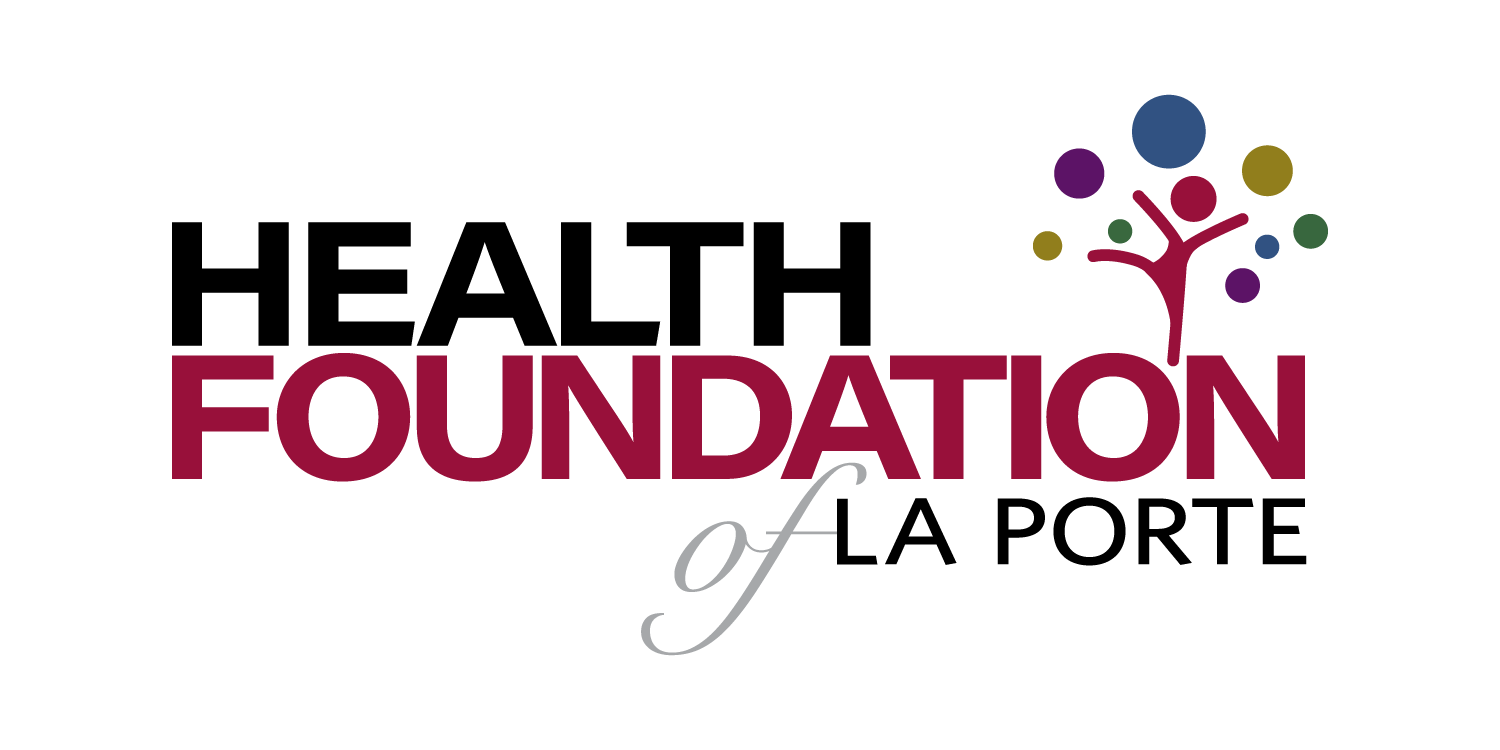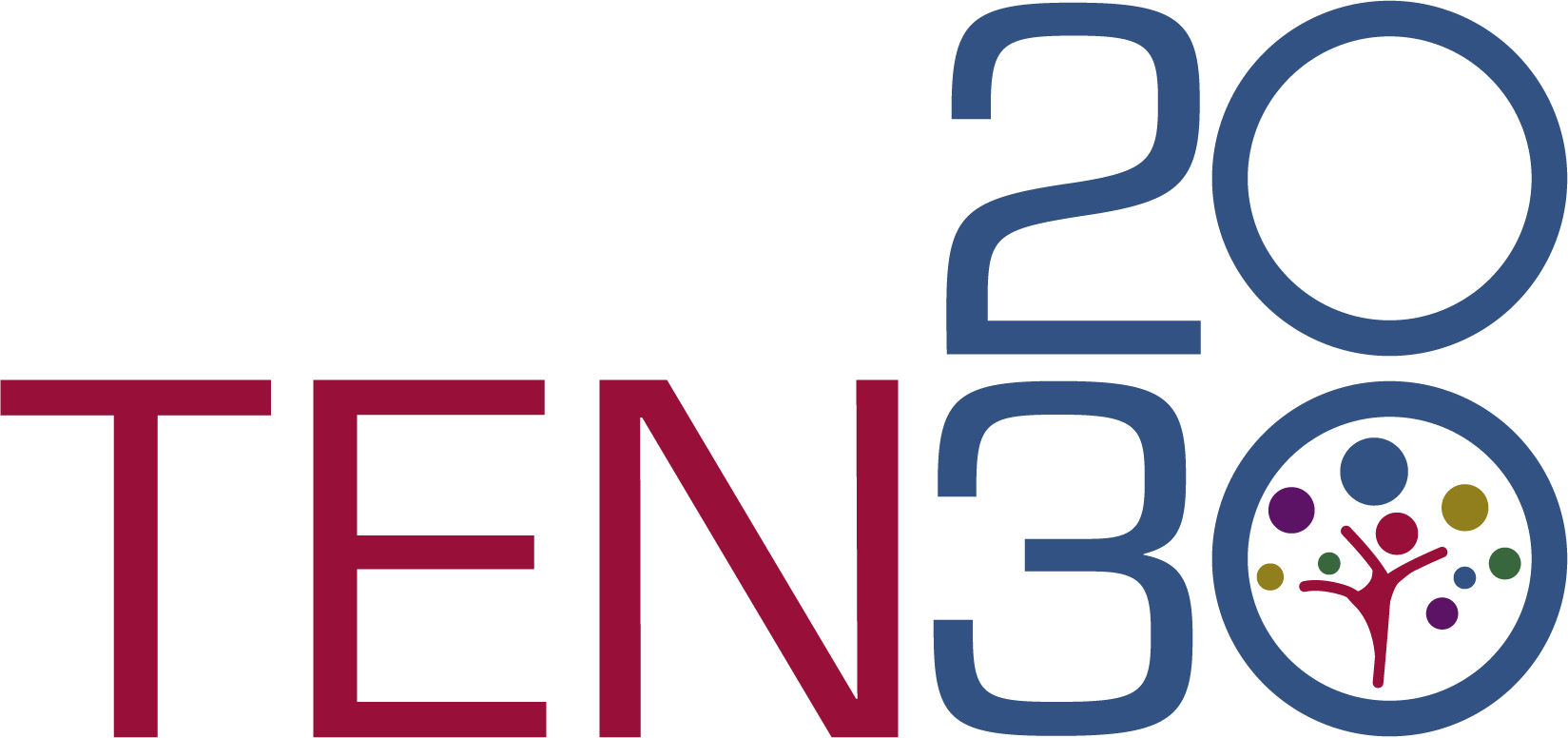Promising Practices
The Promising Practices database informs professionals and community members about documented approaches to improving community health and quality of life.
The ultimate goal is to support the systematic adoption, implementation, and evaluation of successful programs, practices, and policy changes. The database provides carefully reviewed, documented, and ranked practices that range from good ideas to evidence-based practices.
Learn more about the ranking methodology.
Filed under Evidence-Based Practice, Health / Physical Activity, Teens, Families
Goal: The goal of PACE+ for adolescents is to: decrease total dietary fat consumption; increase fruits & vegetable consumption; increase participation in moderate and vigorous physical activity; decrease sedentary habits among adolescents aged 11-15.
Filed under Evidence-Based Practice, Health / Children's Health, Children, Urban
Goal: The goal of Parent Connext is to support parents in reducing and/or preventing toxic stress in the family and help children develop critical life skills and coping skills. Recent studies have found that up to 50% of health outcomes are attributable to social and economic factors and that lifetime costs associated with child maltreatment are comparable to other costly healthcare conditions such as stroke or type 2 diabetes. Moreover, 4 in 5 physicians report lacking confidence in their ability to meet patients’ social needs, which can impede their ability to provide high quality medical care. As a result, interventions that target parents’ social needs may have important implications for reducing healthcare costs and have the added benefit of enabling physicians to provide high-quality care to their patients.
Filed under Evidence-Based Practice, Health / Children's Health, Adults, Women, Men, Families, Urban
Goal: Parenting education programs are designed to teach and enhance skills and behaviors that enable parents to better understand their child, support their development, and provide a more stable and supportive family environment. Research supports the numerous benefits of such programs, finding that parenting education programs help parents to teach communication and social skills while reducing their stress and improving their sense of competence. Importantly, these positive program outcomes are true for families regardless of whether they are currently dealing with issues of maltreatment or are simply at risk for it.
The Parent Enrichment Program is for families who are at risk for having their children removed from the home or whose children have been removed from the home due to abuse or neglect. The goal of the program is to enhance existing parenting skills, connect participants to needed resources, and support their goals related to social and economic self-sufficiency. Specific program objectives are to improve skills related to positive parenting and financial stability, develop family protective factors that guard against abuse and neglect, and reduce safety threats.
References:
Charlop-Christy, M. H., & Carpenter, M. H. (2000). Modified incidental teaching sessions: A procedure for parents to increase spontaneous speech in their children with autism. Journal of Positive Behavior Interventions, 2, 98–112.
Solomon, R., Necheles, J., Ferch, C., & Bruckman, D. (2007). Pilot study of a parent training program for young children with autism: The PLAY Project Home Consultation program. Autism, 11, 205–224.
Koegel, R. L., Bimbela, A., & Schreibman, L. (1996). Collateral effects of parent training on family interactions. Journal of Autism and Developmental Disorders, 26, 347–359.
Cowen, P. S. (2001). Effectiveness of a parent education intervention for at‐risk families. Journal for Specialists in Pediatric Nursing, 6(2), 73-82.
Filed under Evidence-Based Practice, Health / Alcohol & Drug Use, Children, Women
Goal: The goals of the program are to 1) assist mothers in obtaining treatment, maintaining recovery, and resolving the complex problems associated with their substance abuse, 2) guarantee that the children are in a safe environment and receiving appropriate health care, 3) effectively link families with community resources, and 4) demonstrate successful strategies for working with this population and thus reduce the numbers of future drug- and alcohol-affected children.
Impact: At a 36-month follow-up women in PCAP were more likely to have received alcohol/drug treatment than the control group. Cost savings were suggested by a reduction in length of out-of-home care and prevention of Fetal Alcohol Syndrome.
Filed under Evidence-Based Practice, Education / Childcare & Early Childhood Education, Children, Families
Goal: To prepare children of disadvantaged families for academic success and to strengthen families through intensive home visiting.
Impact: When families are engaged in facilitated discussion, the participating families tend to talk more, read more, and have more positive interactions with their children. They engage in more educational activities at home and in their communities.
Filed under Evidence-Based Practice, Education / Childcare & Early Childhood Education, Children, Families, Urban
Goal: To prepare children of disadvantaged families for academic success and to strengthen families through intensive home visiting.
Impact: The Parent-Child Home Program builds school readiness, starting from the home. PCHP utilizes a non-directive, in-home modeling approach that encourages children's development, builds meaningful relationships between parents and children, and allows underserved families to access educational early-childhood services.
Filed under Evidence-Based Practice, Health / Immunizations & Infectious Diseases
Goal: The goal of Partnership for Health is to reach HIV positive patients during regular doctor visits and increase their knowledge, skills, and motivations to practice safer sex.
Impact: Brief provider counseling emphasizing the negative consequences of unsafe sex can reduce HIV transmission behaviors in HIV-positive patients presenting with risky behavioral profiles.
Filed under Evidence-Based Practice, Health / Respiratory Diseases, Children, Teens, Families, Urban
Goal: The goal of the Phoenix Healthy Homes project was to use a multi-factorial approach to reduce hazard prevalence and improve self-reports of home safety and respiratory health.
Impact: The Phoenix Healthy Homes project showed that a tailored healthy homes improvement package significantly improves self-reported respiratory health and safety, reduces respiratory health and injury hazards, and can be implemented in concert with a mobile clinical setting.
Filed under Evidence-Based Practice, Health / Physical Activity, Children, Teens, Urban
Goal: The goal of Planet Health is to reduce childhood obesity among middle school students using a school-based interdisciplinary intervention focused on decreasing television viewing and consumption of high-fat foods, and increasing fruit and vegetable intake and moderate and vigorous physical activity.
Impact: These results cumulatively show that Planet Health and similar programs can reduce obesity and increase healthy food consumption in girls. They also show that a finding of a reduction in number of hours watching TV for girls can also predict reduction in obesity.
Filed under Evidence-Based Practice, Health / Cancer, Children, Families
Goal: The main objective of Pool Cool is to increase awareness, motivation, and sun protection practices among children ages 5-10 who take swimming lessons.
Impact: The Pool Cool program had significant positive effects on children's use of sunscreen and overall sun-protection habits at swimming pools.

